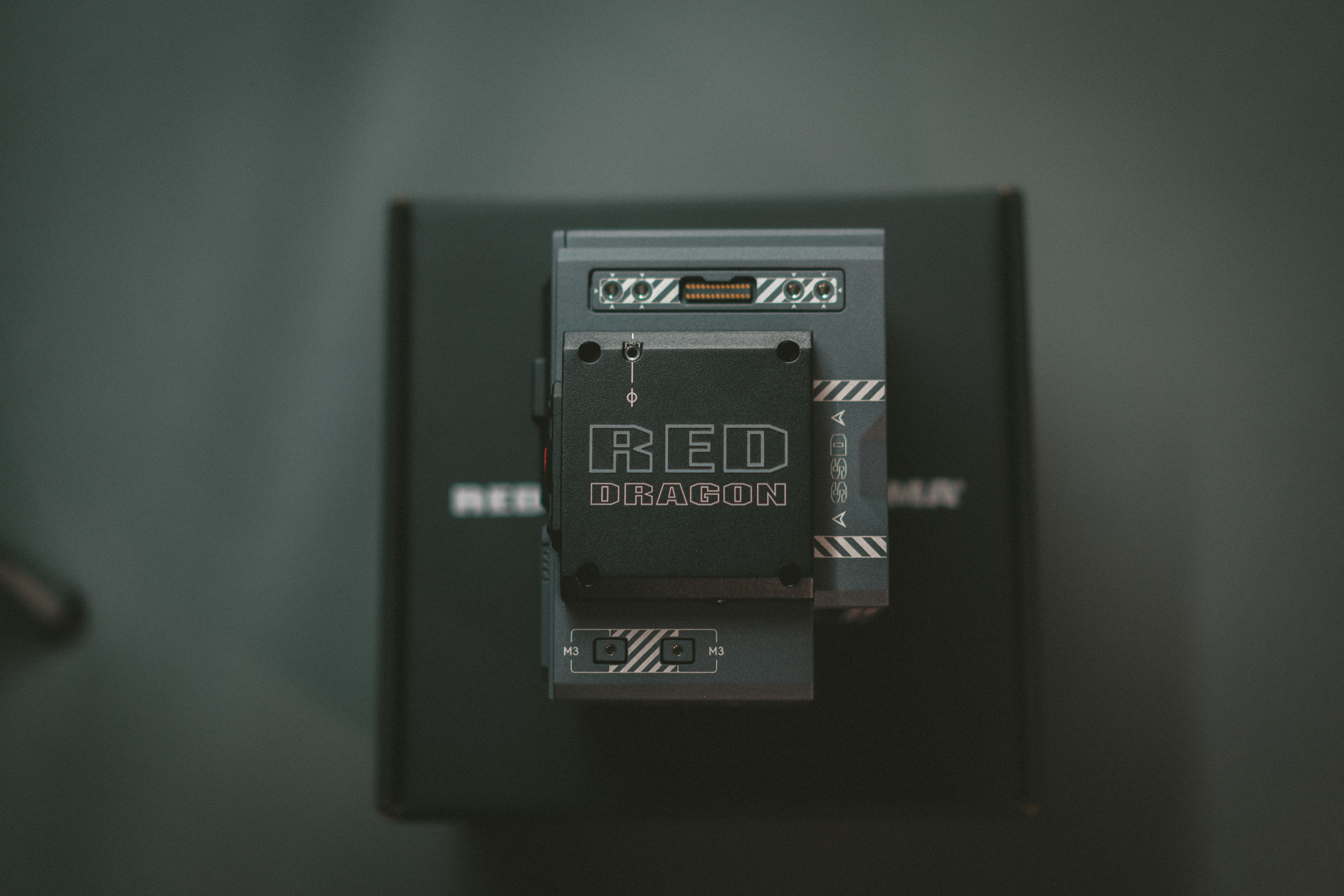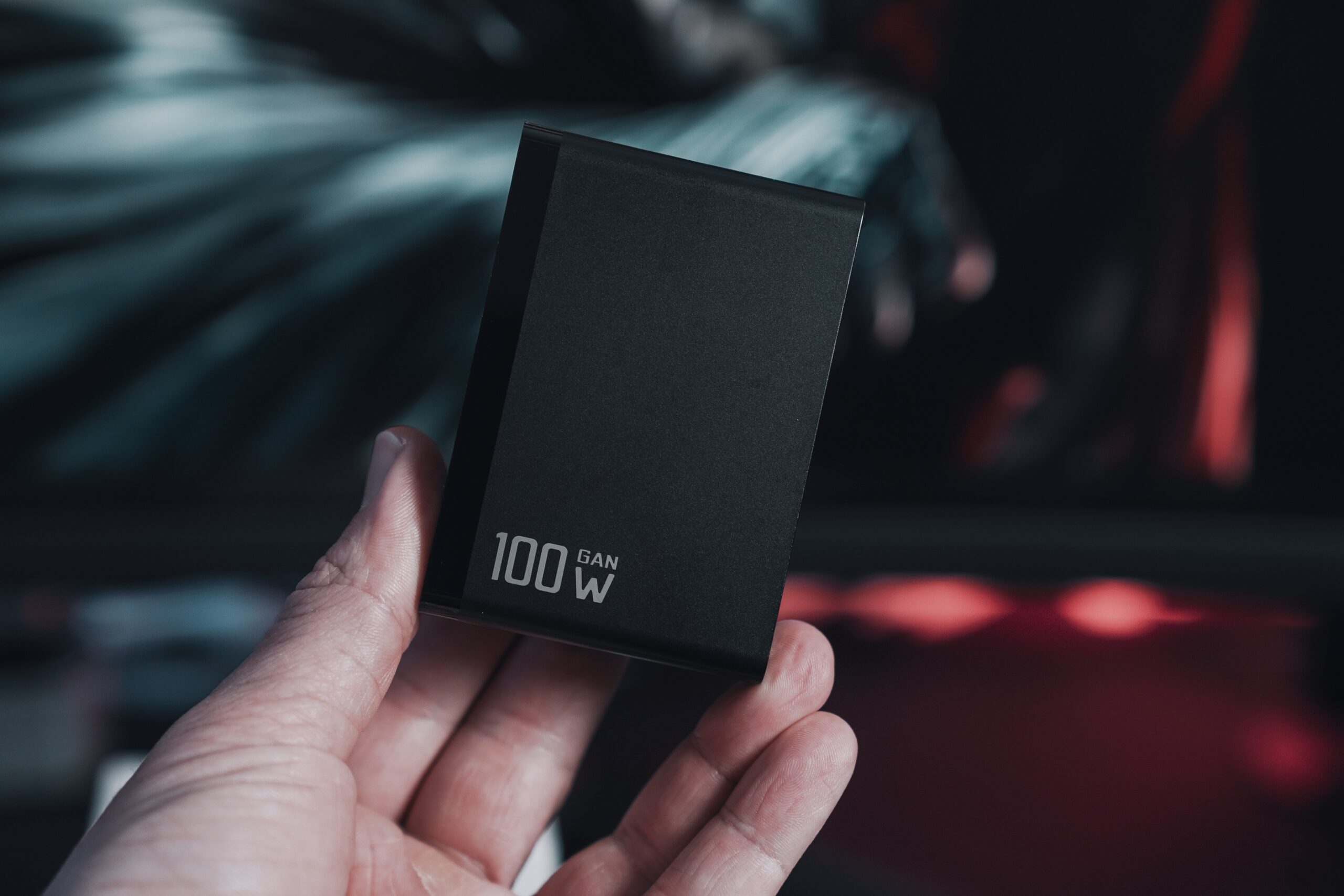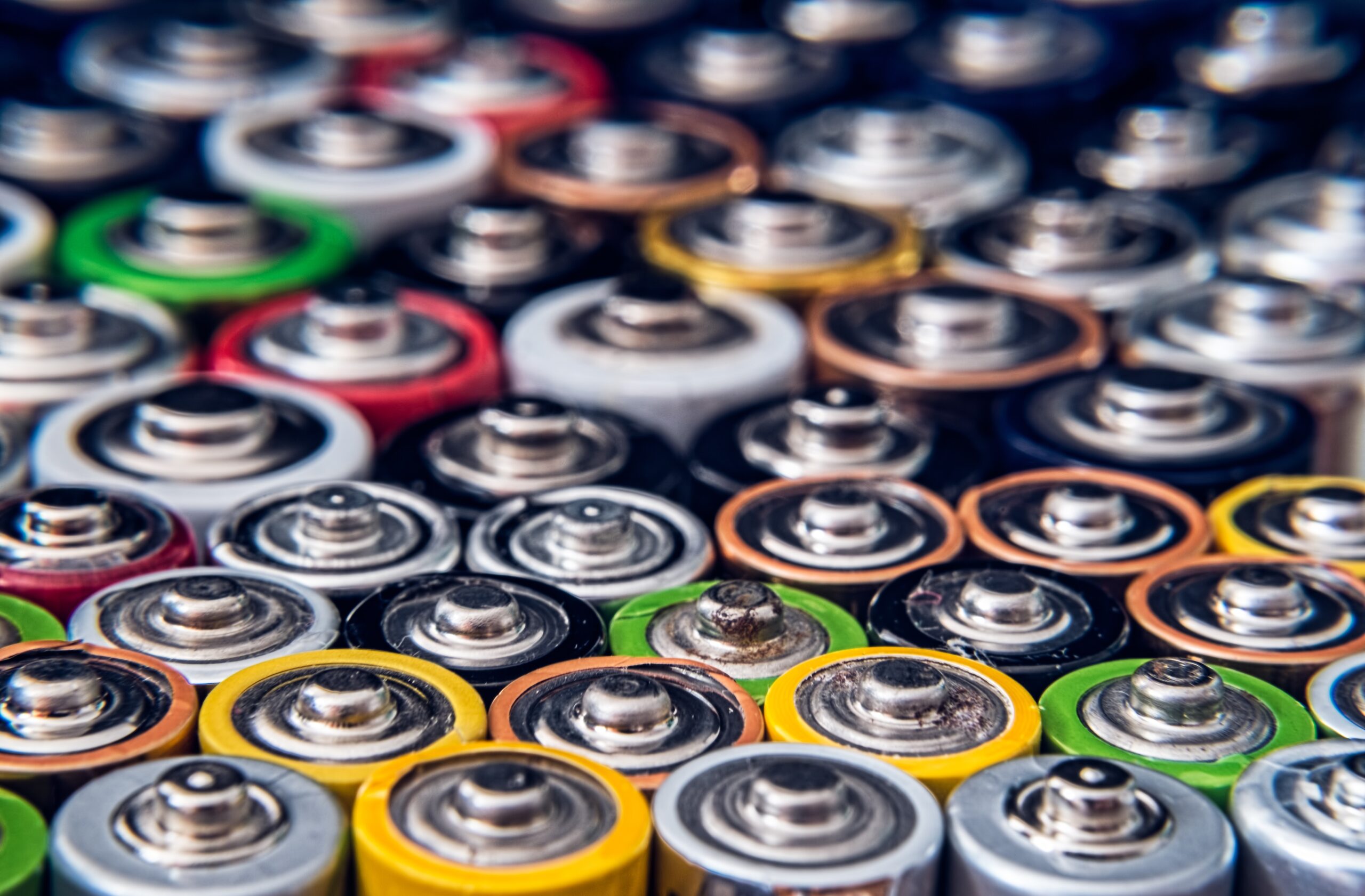Powering the Road Ahead: The Advantages of Lithium-Ion Car Batteries

In the ever-evolving landscape of automotive technology, the lithium-ion car battery has emerged as a game-changer, revolutionizing the way we power our vehicles. In this article, we’ll delve into the world of lithium-ion car batteries, exploring their advantages, applications, and why they are driving the future of the automotive industry.
The Rise of Lithium-Ion Car Batteries
Read Also : Powering the Future: The Advantages of 12V Lithium-Ion Batteries
Lithium-ion car battery, often simply referred to as lithium-ion batteries or Li-ion batteries, have gained immense popularity in recent years for their superior performance and versatility. They are the powerhouses behind electric vehicles (EVs) and are becoming increasingly prevalent in traditional internal combustion engine (ICE) cars as well.
Advantages of Lithium-Ion Car Batteries
Read Also : Elevate Your Drive with Alpine Car Audio: A Symphony on Wheels
1. Energy Density
One of the key advantages of lithium-ion car batteries is their impressive energy density. They offer a remarkable amount of energy storage capacity in a relatively compact and lightweight package. This high energy density translates into longer driving ranges for electric vehicles.
2. Longevity
Lithium-ion batteries have a longer lifespan compared to traditional lead-acid batteries commonly used in ICE vehicles. They can endure thousands of charge and discharge cycles, making them a cost-effective choice for vehicle owners.
3. Fast Charging
Lithium-ion car batteries are known for their rapid charging capabilities. Unlike conventional lead-acid batteries, which can take hours to charge, Li-ion batteries can be charged to a significant portion of their capacity in a matter of minutes, thanks to fast-charging technology.
4. Lightweight Design
The lightweight and compact nature of lithium-ion car batteries contributes to improved vehicle efficiency and handling. Lower weight translates into better overall performance and reduced energy consumption, particularly in EVs.
5. Regenerative Braking
Li-ion batteries work seamlessly with regenerative braking systems in electric vehicles. They capture and store energy generated during braking, further enhancing energy efficiency and extending driving ranges.
6. Reduced Environmental Impact
Compared to lead-acid batteries, lithium-ion car batteries are more environmentally friendly. They contain fewer toxic materials, are recyclable, and contribute to lower greenhouse gas emissions when used in electric vehicles.
Applications of Lithium-Ion Car Batteries
Read Also : Enhance Your Ride with Columbus Car Audio: A Sound Revolution
Lithium-ion car batteries have diverse applications within the automotive industry:
1. Electric Vehicles (EVs)
The adoption of lithium-ion car batteries in electric vehicles has revolutionized the automotive market. These batteries provide the high energy density required for EVs to achieve extended driving ranges on a single charge.
2. Hybrid Vehicles
Many hybrid vehicles combine lithium-ion batteries with internal combustion engines to optimize fuel efficiency. These batteries enable the electric-only operation of hybrid cars in certain conditions.
3. Start-Stop Systems
In conventional ICE vehicles, lithium-ion car batteries are increasingly used in start-stop systems. These systems shut off the engine when the vehicle is stationary to save fuel, relying on Li-ion batteries to quickly restart the engine when needed.
4. Energy Storage
Lithium-ion car batteries are also utilized as stationary energy storage solutions. They store excess energy generated by renewable sources, such as solar panels or wind turbines, for later use in homes and businesses.
The Future of Automotive Power
Read Also : What to Do If Your Headphones or Audio system Sound Horrible
As technology continues to advance, lithium-ion car batteries will remain at the forefront of the automotive industry’s evolution. With ongoing research and development, these batteries are set to become even more efficient, affordable, and environmentally sustainable.
In conclusion, lithium-ion car batteries have transformed the automotive landscape, offering superior performance, longevity, and environmental benefits. They are driving the shift toward cleaner and more efficient transportation, making them a pivotal component of the future of automotive power. Whether in electric vehicles, hybrids, or as energy storage solutions, lithium-ion car batteries are powering the road ahead towards a more sustainable and energy-efficient future.




























